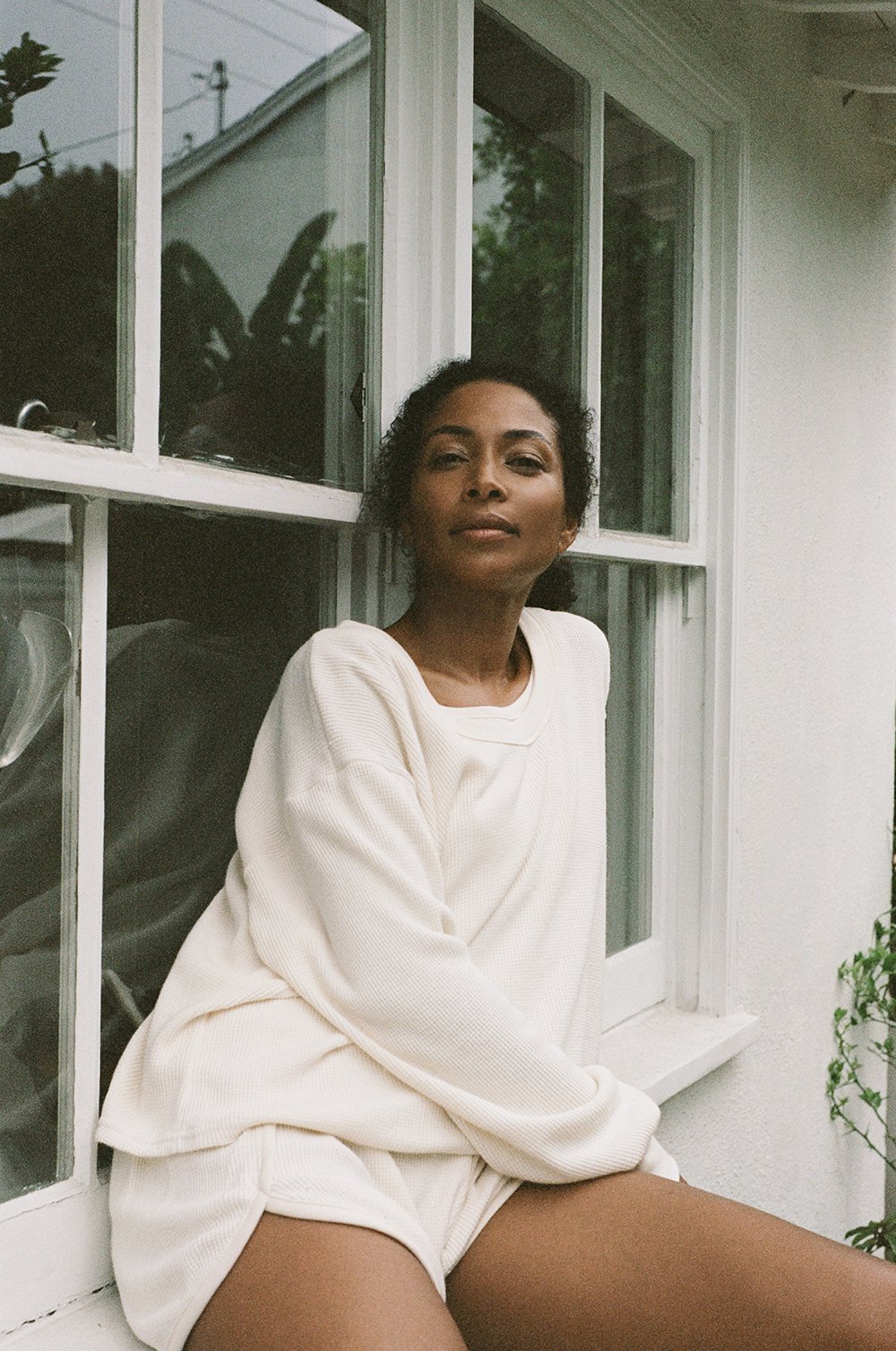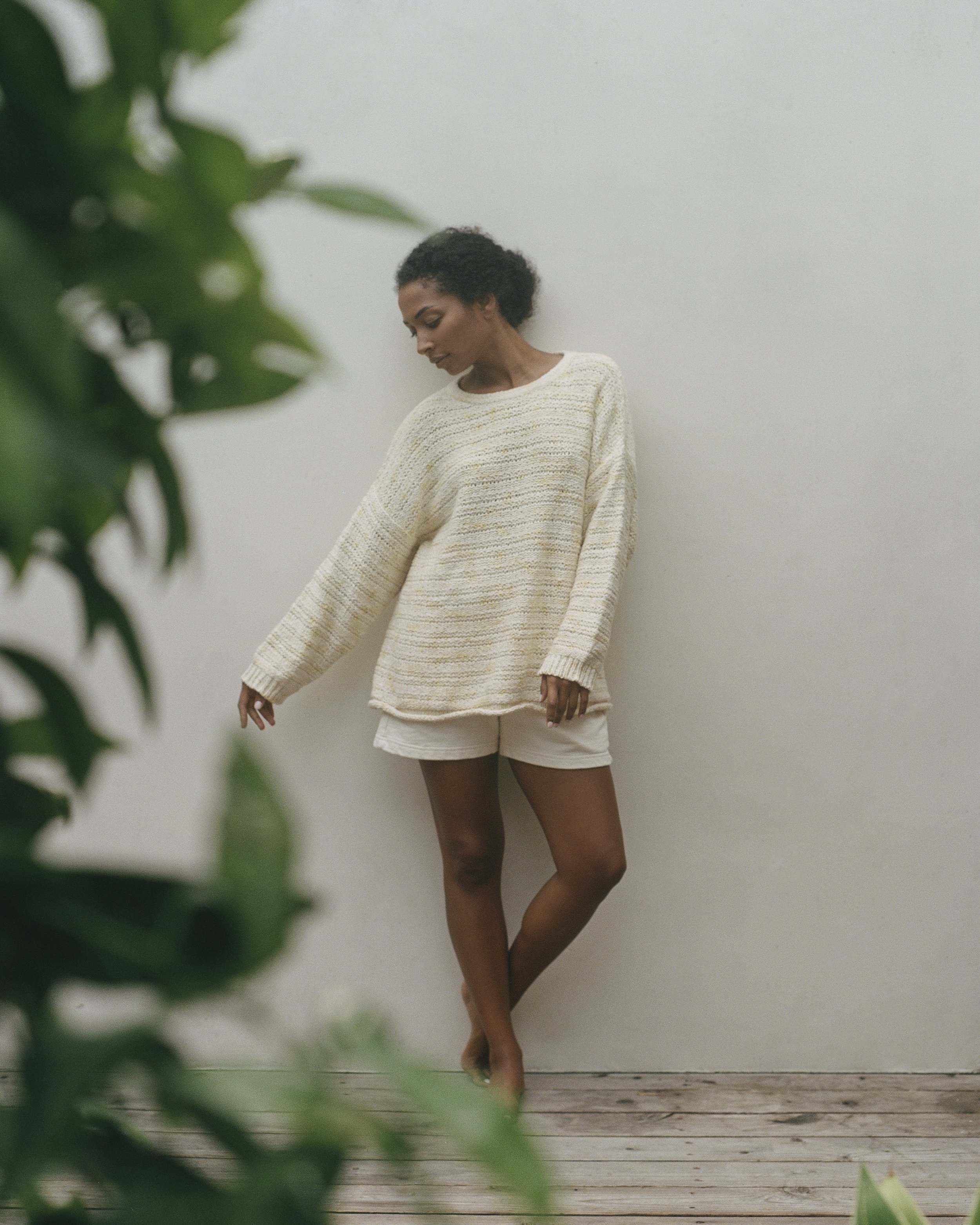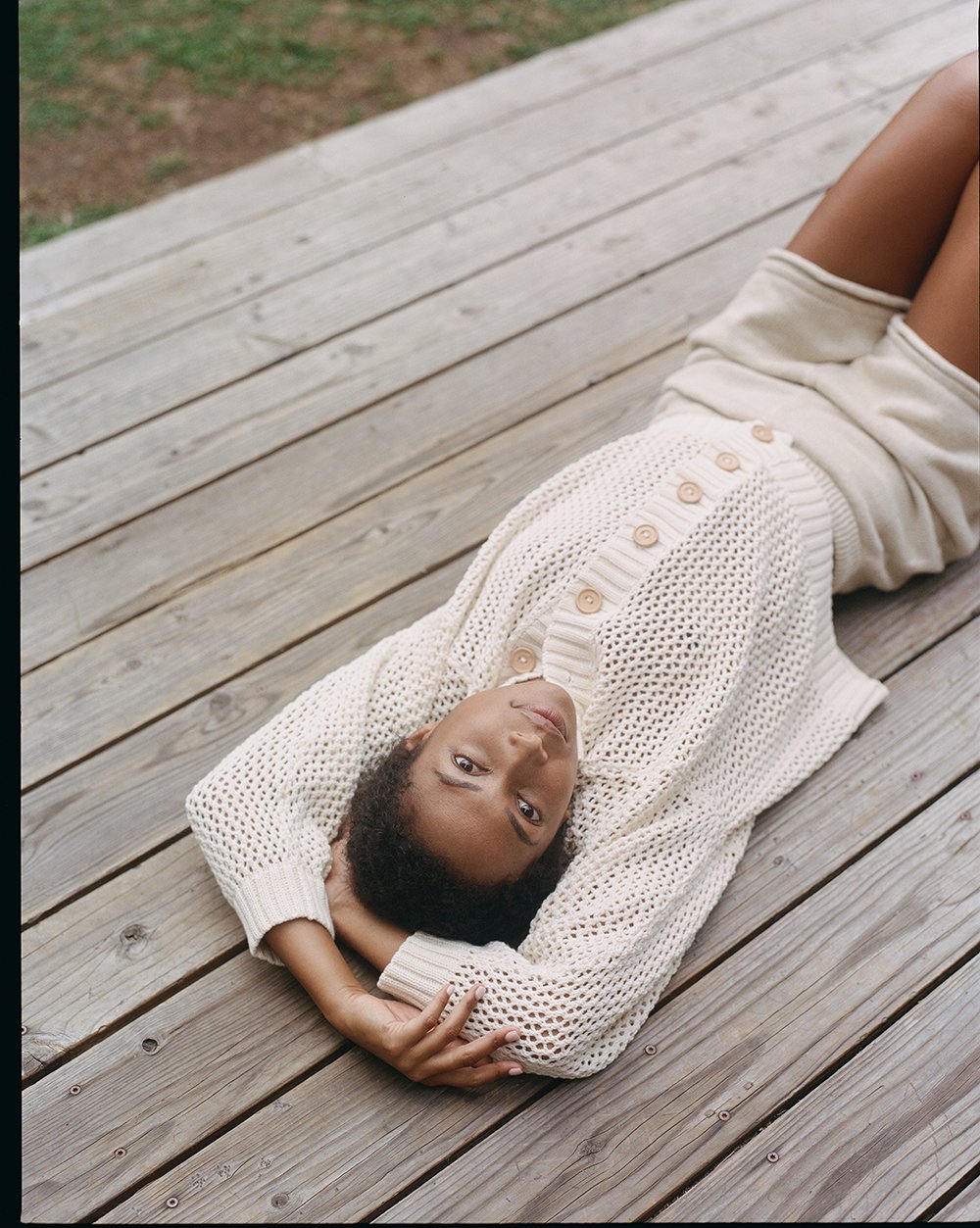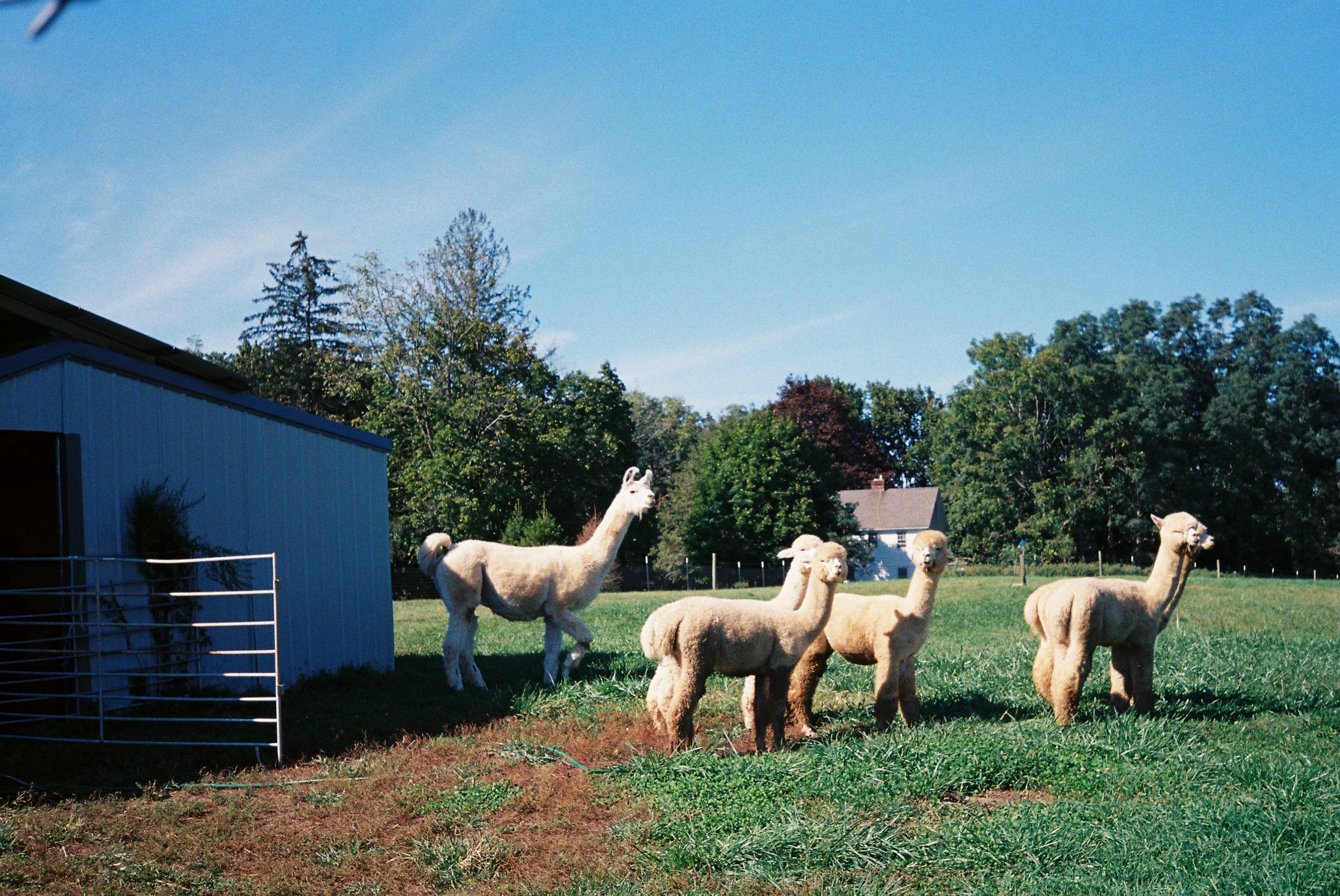The challenges of navigating supply chain minimums while intentionally building regional systems
In episode 266, Kestrel welcomes Leah D’Ambrosio, the founder of Wol Hide, to the show. Focused on easy wear for living in, Wol Hide’s styles are made from natural fibers and organic textures.
“I like to look at sort of the bigger picture of what I’m creating. So, I think a lot about the supply chain and the people that I work with, and where our materials come from — who’s making them, who’s knitting them, and all the pieces along the way. But then, also, in terms of design and making products, I try to think a lot about things that people are gonna want to wear for a long time, things that are gonna feel good to put on, things that you’re gonna want to reach for again and again in your closet.”
-Leah
Have you ever heard the minimums conundrum from smaller brands, or even mid-sized brands, working in the sustainability space? It’s a conversation that comes up on repeat in my circles – I hear about the challenges with minimums for mills, for fabric sourcing, for cut and sew production, for accessing new materials, and the list goes on.
These co-called minimums are a direct reflection of the way in which the fashion system has been built on VOLUME, and SCALE and an obsession with growth on all accounts.
This leads me to the idea of sharing ownership – I feel like regularly people are saying: I wish someone would coordinate a way for smaller brands to bond together to meet these minimums, to help each other be able to access what they’re looking for, through a collective approach.
But it’s challenging because fashion is notorious for being SECRETIVE, and brands and designers are notorious for not wanting to share their resources, their suppliers, pieces of their supply chain, etc, etc. When it comes to pushing the needle in the sustainability space, why not share?
Leah has a smaller label (Wol Hide), and is working diligently to build thoughtful supply chains. She shares some of her insights when it comes to navigating these minimum challenges, and ways she thinks we need to continue to come together to work more cooperatively across the industry.
Quotes & links from the conversation:
Sally Fox (who Wol Hide works with for their Colorgrown cotton)
NY Textile Lab (this is who Wol Hide works with for the regional Climate Beneficial yarn)









